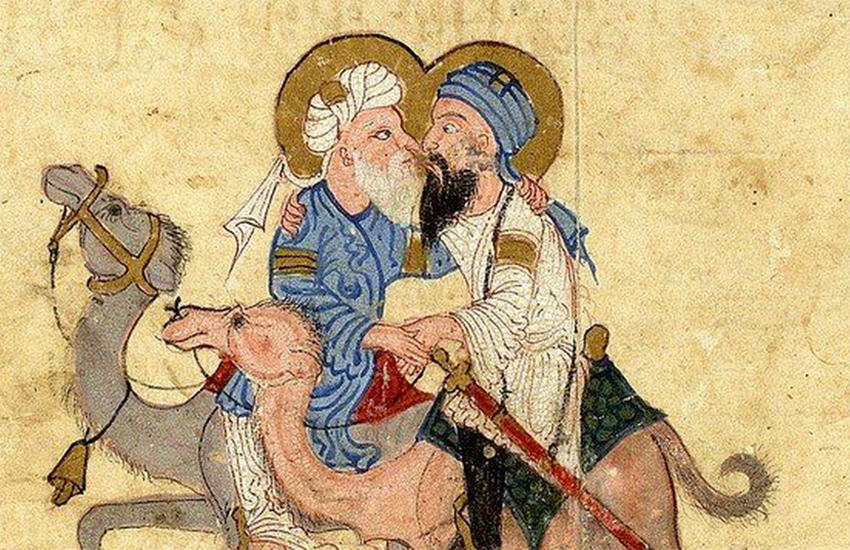They will try anything!

A Indian man who was abused for being gay can’t claim refugee status in New Zealand as he is not at risk of “serious harm” in his home country.
The 29-year-old, who grew up in Kerala in south India, came to New Zealand on a visitor visa in 2018 and made an application for refugee status shortly after.
That application was denied and he made an appeal to the Immigration and Protection Tribunal, which was heard in late 2019.
In a recently-released decision, tribunal member Virginia Shaw dismissed the appeal, saying the man would “likely” face discrimination back home but his human rights were not under serious threat.
The man – identified only as IR by the tribunal – said he had been rejected by his devoutly Muslim family and religious community because of his sexual orientation.
He had entered into an arranged marriage to “satisfy his parents”, but his wife soon found out he was gay and they separated, the tribunal’s decision said.
Members of the local Muslim community had told his parents he had “brought shame to their community” and accused him of being “against Islam”.
When he tried to attend Friday prayers at the mosque, he was stopped from entering, pushed and verbally abused by a group of elders.
At one stage, the man and a gay friend were detained by police for six hours and “received much verbal abuse” before being let go with a warning, he said.
At the time homosexual relationships were still illegal in India.
The man told the tribunal he came to New Zealand as he had read it was supportive of gay people.
He had joined a mosque here and its imam (leader) accepted his sexuality.
Shaw said the issue was whether the man was at risk of “serious harm” in India.
She pointed to India’s decriminalisation of homosexual acts in 2018 as proof attitudes towards gay people were changing.
She accepted he had been verbally abused by religious leaders and police but the chance of him suffering physical abuse was “no more than speculative”.
The man could still go to mosques in India if he was discreet about his sexuality, Shaw said.
“He also has the option of practicing his faith at home or elsewhere outside a mosque.”
Shaw found the man was not a refugee within the meaning of the Refugee Convention.
He was also not a protected person within the meaning of the Convention Against Torture or the International Covenant on Civil and Political Rights.
Indian man has refugee appeal dismissed over gay abuse claims
